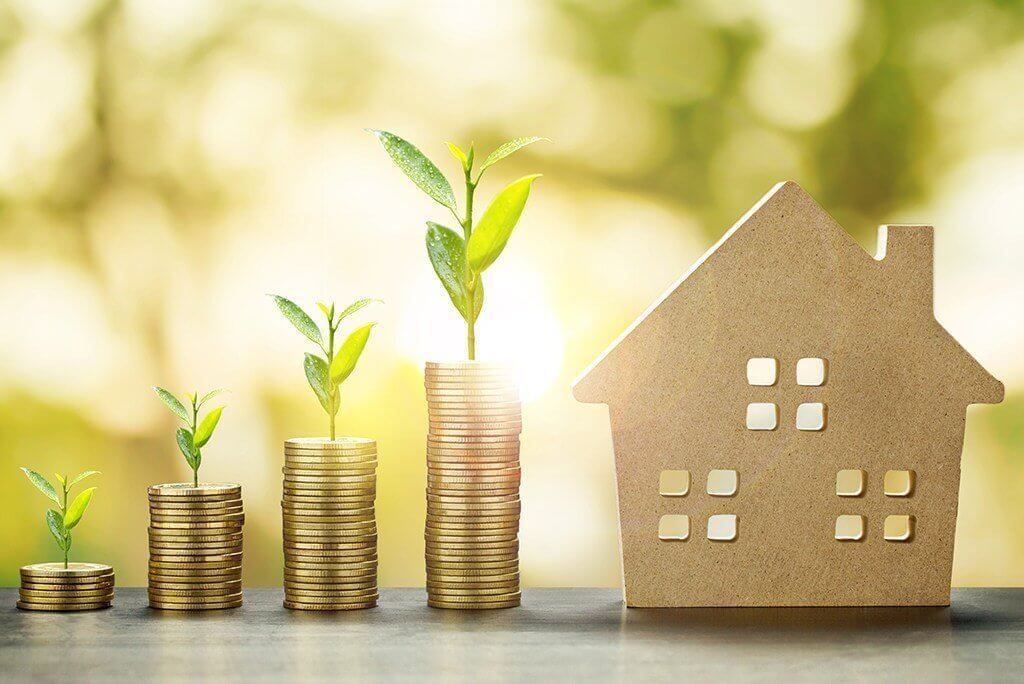Real Estate Return on Investment
How to Compute Real Estate Return on Investment
Four methods to compute the roi (ROI) of a rental property:
- Cash on cash return
- Capital Cash Flow
- Capitalization Rate
- Internal rate of return on investment
One approach may work in certain circumstances and another in other circumstances. This makes it challenging to choose which real estate financial investment calculations to utilize.
The cash to money return
The money on money return determines the amount of cash you have actually created compared to the amount of cash you invested.
An excellent way to compute the ROI of a rental home is to compare the monthly rental return with the outgoings.
How to compute the ROI.
In the calculation of ROI, you will first look at the cash flow from the financial investment.
Return on money invested = Yearly pre-tax capital divided by initial investment.

Cash Flow
When a seller receives a deal they might say "mailbox cash" which implies the buyer has a cash flow that is a lot much better than anticipated.
When your earnings surpasses your expenses, you will have cash flow.
It is among the most popular ROI computations. It is frequently utilized to determine the ROI of a new product or service.
Cash Flow = Income - Costs
For financiers who purchase and hold, cash flow is crucial.
What Is a Cap Rate
Cap rate is an ROI estimation utilized to compare similar realty investments. It is the ratio of the home's current price to the residential or commercial property's current worth.
A cap rate is the quantity of return you can anticipate on your financial investment.
The greater the rate of success, the better.
Cap Rate Formula
NI is the net income from the residential or commercial property
The overall amount of management charges and taxes.
Internal return on investment
The internal rate of return is the projected earnings or loss made by the property.
The return on investment is the percentage of interest you earn on each dollar invested over the complete duration of the holding period.
Say you acquire a home to lease and you plan to hold it for 5 years. You'll make interest on the rental earnings you receive during the very first year for the staying four years. You'll have to pay the home mortgage off in the first year so the interest you make is actually for the remaining years.
All the interest made would represent the yearly rate of return.
To find out more about specific real estate investment and rental income opportunities, visit Loftyai, where you can make cash flowing investments in 5 minutes for simply $50.

